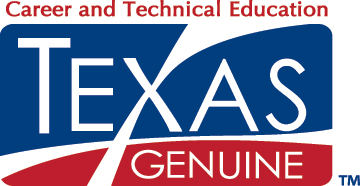Prior to pursuing any of the Human Services Program degree and certificates, we strongly recommend students contact us to receive further information and guidance about our programs and their career options. Students are encouraged to seriously consider how much education they intend to pursue. For instance, in order to work in the social work field, a bachelor’s degree in social work (BSW) is the minimum requirement for entry-level/administrative social work positions. However, students wanting to do specialized practice and provide therapy in clinical settings must have a master’s in social work (MSW).
Therefore, prior to pursuing the AAS in social work specialization, students are advised to contact the four-year university they are interested in transferring to, in order to find out which classes may/may not be transferable. There are many institutions offering BSWs and the classes they will/will not accept varies per institution. Therefore, it is important that students contact the institutions in advance to ensure transferability. In some situations, pursuing the AAS may not be the most effective route.
On the other hand, in Texas, students interested in pursuing the chemical dependency counseling route are able to start pursuing their career with licensure at the associate’s level.
Regardless of which career field students choose, licensing requirements for chemical dependency counselors and social workers vary depending on the state in which one resides. Therefore, it is essential that students research their state licensing board requirements.
Please click on the below documents to read more about what you can do after graduating from our Social Work Specialization and Chemical Dependency Counseling programs.
Important note: Students are advised certain felonies or misdemeanors may prevent them from accomplishing the practicum hours and graduating from the program. If you have any convictions it is essential you contact the state agency from which you hope to receive certification/licensure to see if you will be eligible to proceed. Our department assumes no responsibility for ensuring your eligibility for future certification or licensure.
What can I do after completing an advanced Certificate or Associate of Applied Science (AAS) in Chemical Dependency Counseling at Central Texas College?
What can I do after completing an Associate of Applied Science (AAS) degree in Social Work at Central Texas College?
Please note: the information in the documents above provide general information only and are merely intended to give students suggestions of the types of careers that can be pursued following an AAS degree in social work or chemical dependency counseling. It is by no means an exhaustive or prescriptive list. We strongly recommend students explore their chosen career fields by visiting the Bureau of Labor Statistics Occupational Outlook Handbook (www.bls.gov/ooh). We also suggest student’s research job search websites to gain an understanding of the types of jobs in the field and the minimum requirements required.


